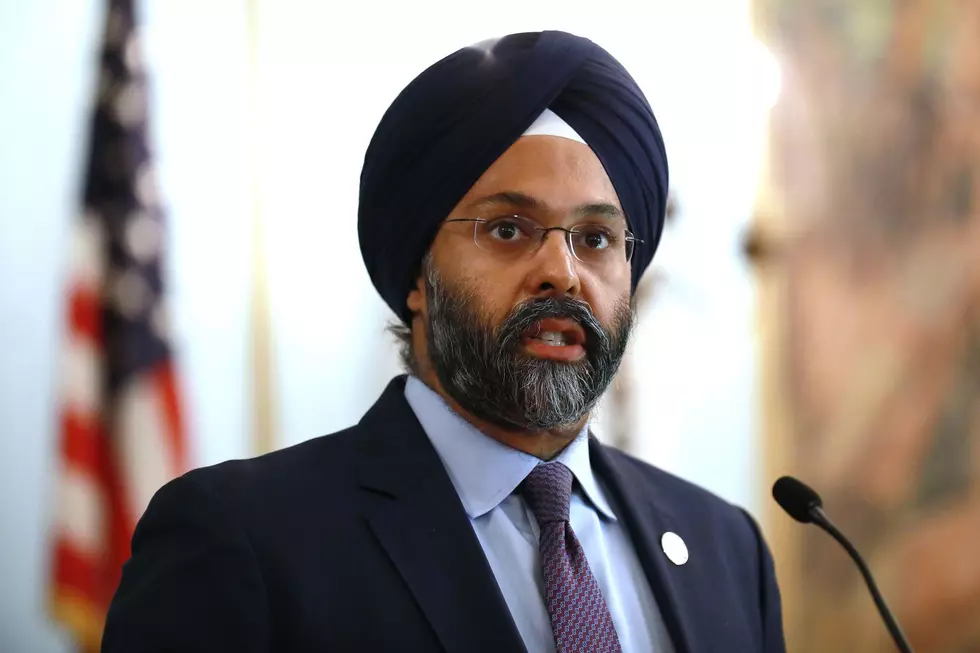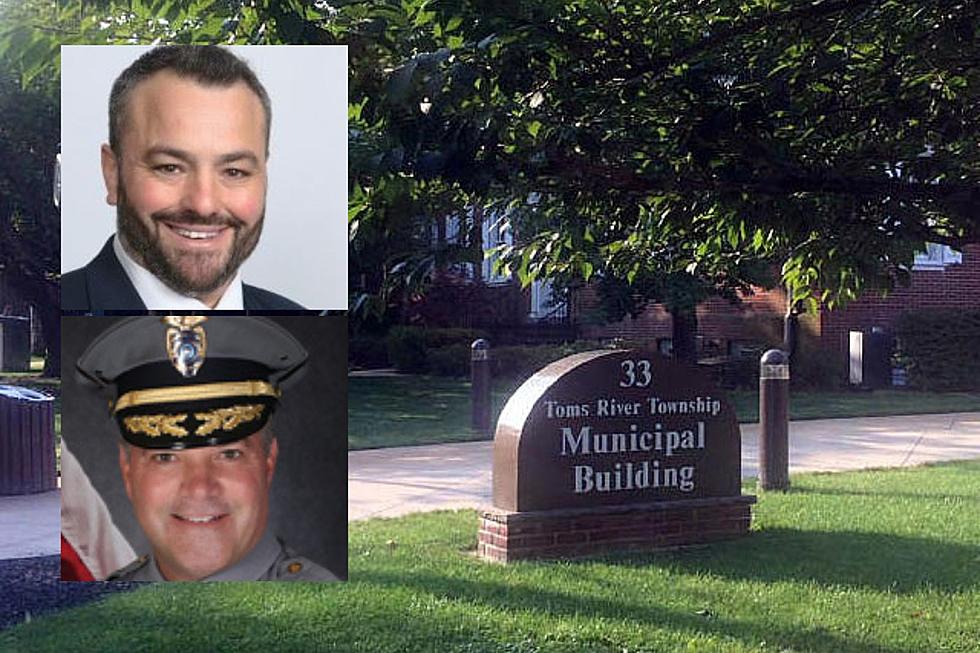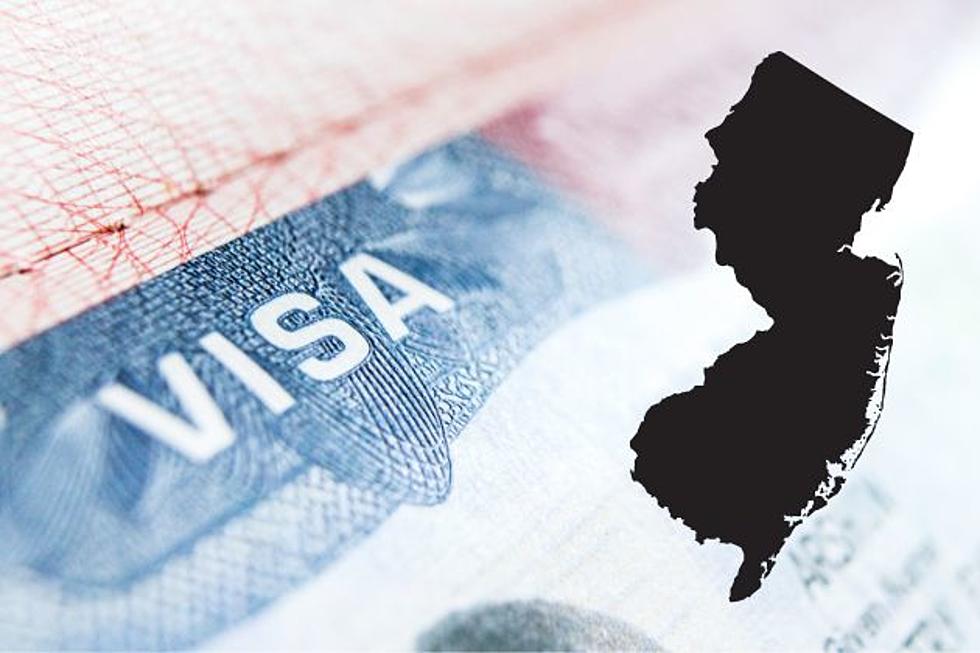
New NJ Rule: Police Force Has to be an Absolute Last Resort
New Jersey is updating its “use of force” policy for the first time in two decades to put strict limits on how police interact with civilians.
Police officers will be prohibited from all forms of physical force against civilians, except as a last resort after de-escalation efforts. Chokeholds and other forms of deadly force such as strikes to the head or neck are only allowed as an absolute last resort if there is imminent danger of death or serious injury.
Attorney General Gurbir Grewal said the first change in two decades to the use-of-force policy is part of a package of changes that “mark a new era for policing in New Jersey” and reaffirm the state’s status as a national leader in progressive policing reform.
“Our new policy demands that every law enforcement officer in our state do all they can to protect the life, liberty and dignity of every resident in every interaction,” Grewal said.
“What we’re undertaking in New Jersey today is unprecedented,” he said. “And it will not be easy. No state has implemented such sweeping use-of-force policies, training and monitoring at a statewide level. None.”
The change also prohibits officers from firing weapons at a moving vehicle or engaging in a high-speed car chase, except under narrowly limited circumstances.
The policies will take effect at the start of 2022, after training is done for around 38,000 law enforcement officers.
“We fully understand that new policies alone won’t change practices or culture, especially when that culture and those practices have been ingrained over decades,” Grewal said.
Police organization representatives who joined Grewal for Monday’s announcement said they appreciated that their input was considered in enacting the changes.
“This policy makes key changes that will protect our officers on the job while ensuring the public that the New Jersey police remain the best-trained in the entire nation,” said Patrick Colligan, president of the New Jersey State Policemen’s Benevolent Association.
Sayreville Police Chief John Zebrowski, first vice president of the New Jersey State Association of Chiefs of Police, said he appreciates the clarity of the principles in the new policy.
"I think this is a policy that shows to everyone within our state and beyond that New Jersey is and continues to be a leader in law enforcement in a progressive manner," Zebrowski said.
The changes also establish a “duty to intervene” requiring all officers to intercede if they observe another officer engage in illegal or excessive force against a civilian and a “duty to provide medical assistance” requiring officers to request – and personally provide, when that is appropriate – medical assistance after any use of force against a civilian.
Within 24 hours of using any physical use of force against a civilian, a police office must report detailed information about that to a statewide electronic reporting system. A version of the portal will be available for public review by the end of March.
Supervisory officers must review all uses of force, and every law enforcement agency must conduct an annual analysis to identify trends, including racial disparities.
The revisions come six months after Grewal announced a review of the policy in the wake of high-profile incidents around the nation in which police officers killed civilians, such as George Floyd.
“We see this as a necessary first step towards accountability,” said the Rev. Charles Boyer, founder of Salvation and Social Justice.
Grewal also imposed new restrictions on the use of police dogs, prohibiting K-9s from being used against crowds or protestors as crowd-control measures or against those who are resisting arrest but do not pose a threat to another person.
More changes could also be coming. Grewal directed the Office of Public Integrity and Accountability to work with law enforcement and community members to study the issue and to make recommendations about limitations on police use of K-9s or changes in the way K-9 units are trained and monitored.
“When we talk about police use of force, we must also address the use of police K-9s. And we are,” said Thomas Eicher, the OPIA director. “Given the long, traumatic history of dogs being used to injure and terrorize people of color, Attorney General Grewal today is addressing the use of K-9s by police.”
The police-dogs review is due to be filed by March 31.

UP NEXT: Who you think New Jersey's 'Person of the Year' should be
More From WPG Talk Radio 95.5 FM










